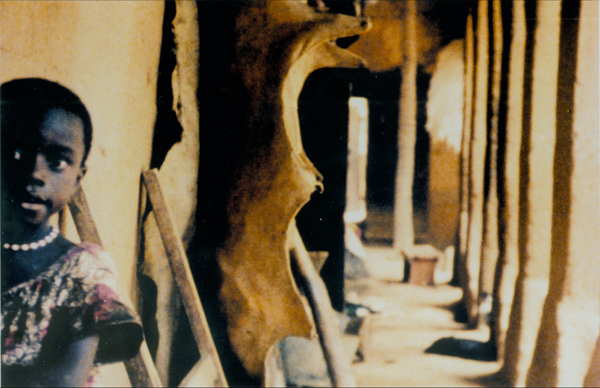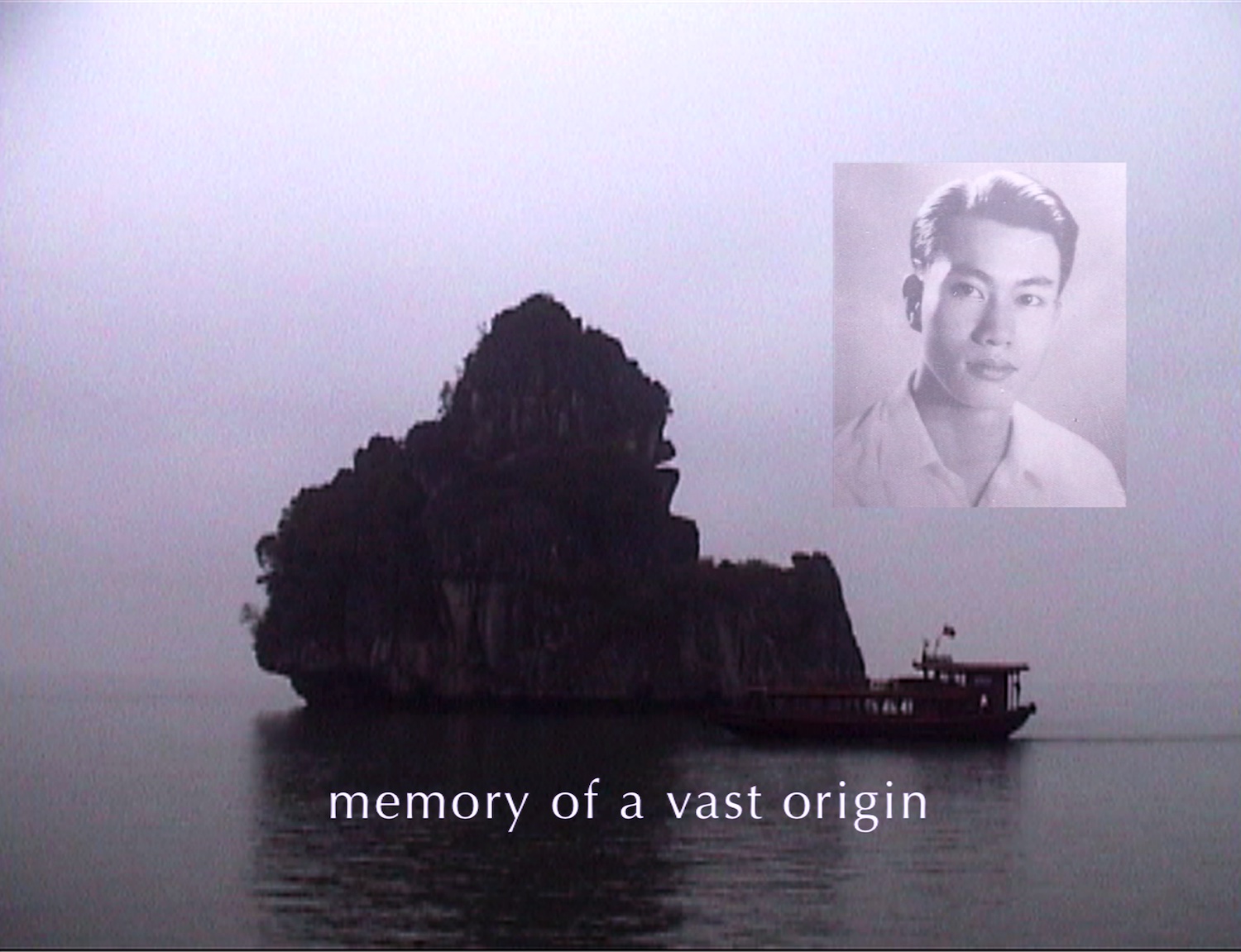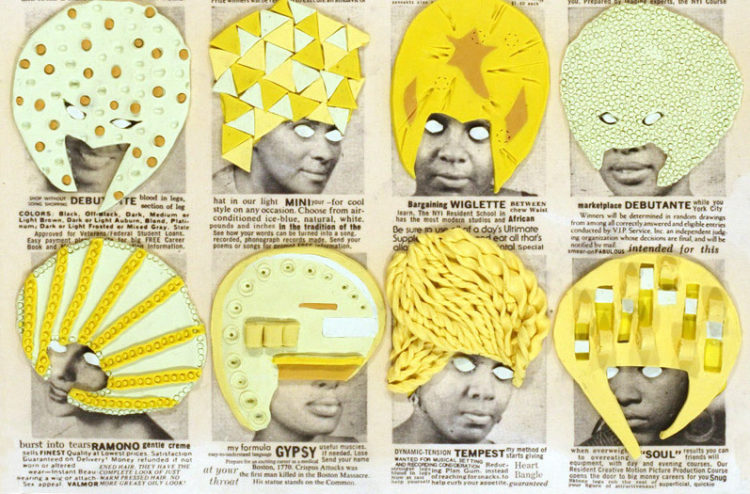Trinh T. Minh-ha
Trinh T. Minh-ha, The Twofold Commitment, New York, Primary Information, 2023
→Trinh T. Minh-ha, When the Moon Waxes Red: Representation, Gender and Cultural Politics, London and New York, Routledge, 1991
→Trinh T. Minh-ha, Woman, Native, Other: Writing Postcoloniality and Feminism, Bloomington, Indiana University Press, 1989
Trinh T. Minh-ha. Films, NTU Centre for Contemporary Art Singapore, Singapore, 17 October 2020 – 28 February 2021
→O cinema de Trinh T. Minh-ha, Caixa Cultural Rio de Janeiro, Rio de Janeiro, 20 October – 1 November 2015
→Trinh T. Minh-ha, the Secession, Vienna, 7 March – 22 April 2001
Vietnamese-US-French film-maker, music composer and writer.
Travelling across societies and cultures, Trinh T. Minh-ha’s visual, sonic, literary and theoretical work has continuously interrogated ways of relating.
Born in Hanoi in 1952, Trinh T. Minh-ha grew up in war-torn Vietnam before leaving the country in 1970 to study in the United States and France. Her education was pluricultural and focused on musical composition, ethnomusicology and francophone literature. It coincided with direct experiences of colonialism, armed conflict and displacement, and enduringly shaped her artistic and theoretical practice.
Trinh T. Minh-ha composed several pieces of music during the last years of her studies. Between 1977 and 1980, she conducted field research in Mali, Senegal and Upper Volta (now Burkina Faso) while teaching music analysis and theory in Dakar. It was there that she developed an interest in vernacular architecture and ethnographic cinema.
After making a few silent short films that are now lost, Trinh T. Minh-ha completed her first mid-length film, Reassemblage (1982), with materials recorded with Bassari, Fulani, Joola, Manding, Sarakhole and Sereer communities in Senegal. The film established “relationships of multiplicity” as a core ethical and aesthetic principle of her practice, through a parallel approach to image, sound and text, the refusal to settle on a single perspective on cultures, histories and societies, and the commitment to give space and time both to the people filmed and to viewers.
Assertively non-omniscient, the mid- to full-length films Trinh T. Minh-ha made in the four decades that followed used new and archival materials from Benin, China, Japan, Mali, Mauritania, Senegal, Togo, the United States, Upper Volta and Vietnam. Like Reassemblage, Naked Spaces: Living Is Round (1985), Surname Viet Given Name Nam (1989), Shoot for the Contents (1991), A Tale of Love (1995), The Fourth Dimension (2001), Night Passage (2004) and Forgetting Vietnam (2015) are cinematic essays that combine forms usually associated with documentary, fiction or experimental cinema. Through voices speaking “nearby” and sometimes faltering, the films enable a decentring of the subject and a critical engagement with visual anthropology as well as with feminist and postcolonial thought.
In the 1990s and 2000s, Trinh T. Minh-ha extended her multisensory practice to installations and made the short films The Desert Is Watching (2003), Bodies of the Desert (2005) and Old Land New Waters (2007), which were first presented in this way, then also as standalone works.
The sound design of her full-length film, What About China? (2022), makes voices, incantations, folk singing and instrumental music overlap with video footage to explore the polysemic notion of “harmony” in relation to Hakka round communal living structures and Ganlan stilt dwellings in China.
Trinh T. Minh-ha has published numerous literary essays, articles, interviews, statements, scripts and poems. Her work has been presented in major group exhibitions, including the Whitney Biennial (1987, 1993 and 2022) and documenta (2002), and in retrospectives at the Secession (2001), Caixa Cultural Rio de Janeiro (2015) and NTU Centre for Contemporary Art Singapore (2020). She was awarded the Women’s Caucus for Art Lifetime Achievement Award in 2012.




 Mike Sperlinger, Professor of Theory and Writing at KHiO, in conversation with Trinh T. Minh-ha at Kunstnernes Hus, Oslo in 2023
Mike Sperlinger, Professor of Theory and Writing at KHiO, in conversation with Trinh T. Minh-ha at Kunstnernes Hus, Oslo in 2023
 Rizvana Bradley, Assistant Professor of Film and Media at UC Berkeley, in conversation with Trinh T. Minh-ha as part of the San Francisco International Film Festival at BAMPFA, Berkeley in 2022
Rizvana Bradley, Assistant Professor of Film and Media at UC Berkeley, in conversation with Trinh T. Minh-ha as part of the San Francisco International Film Festival at BAMPFA, Berkeley in 2022


















